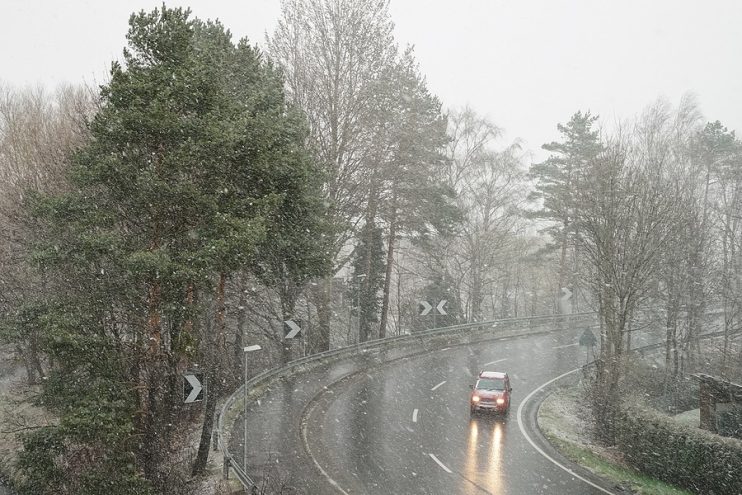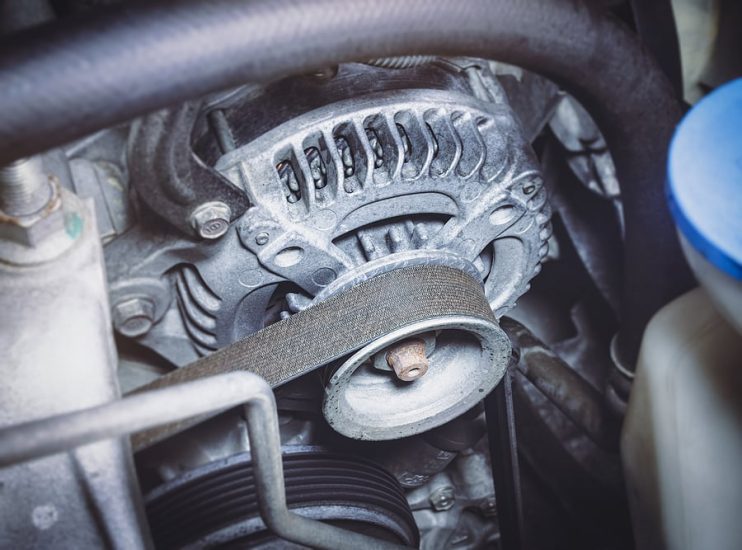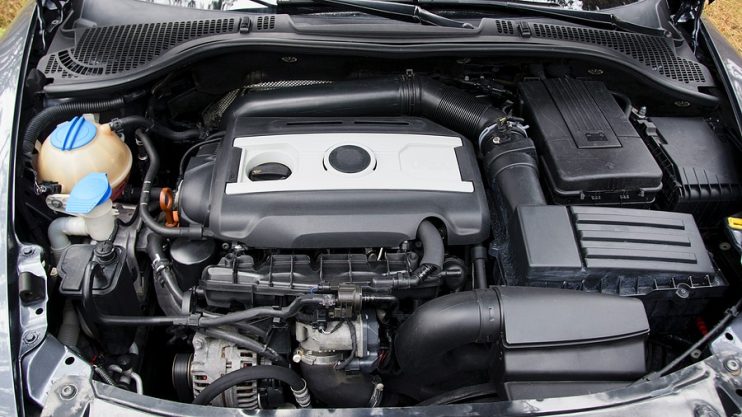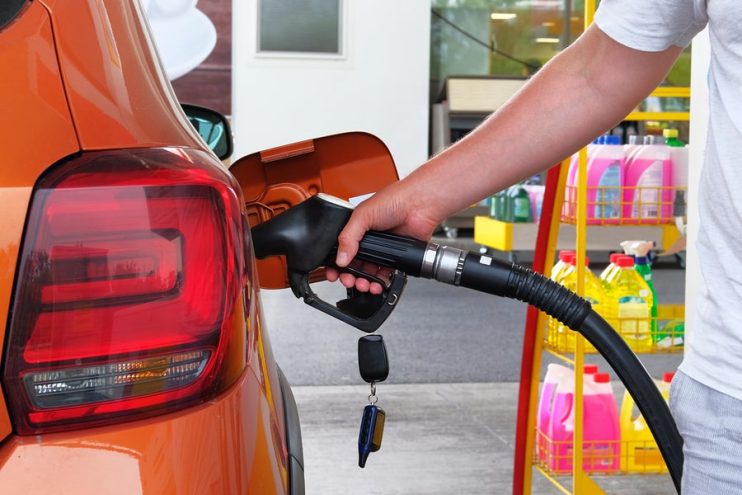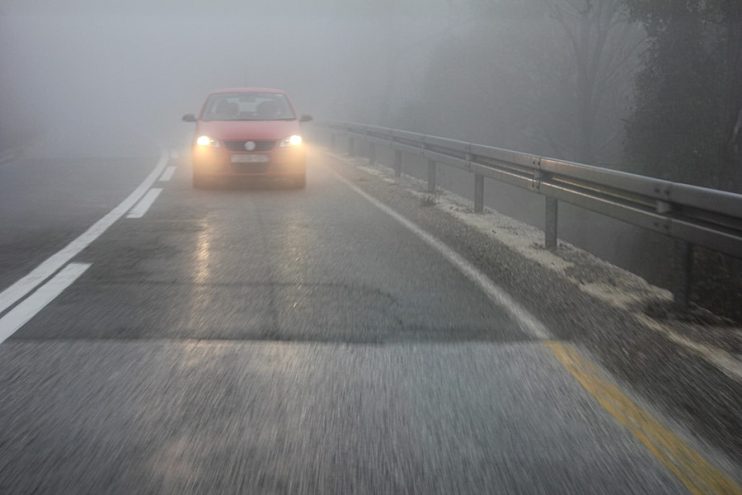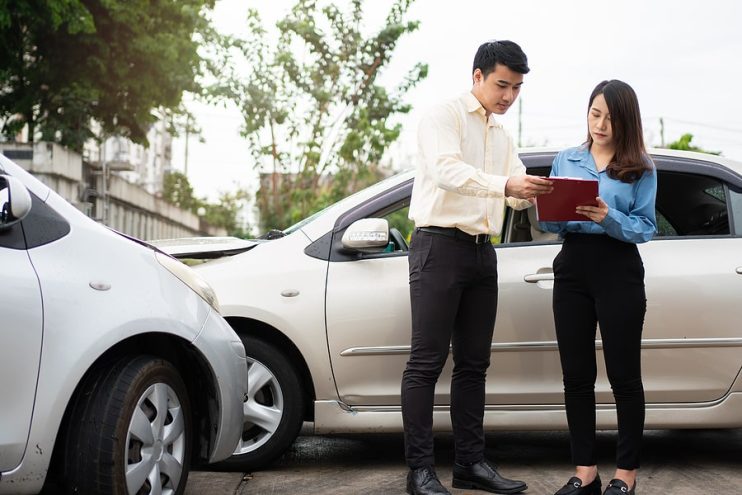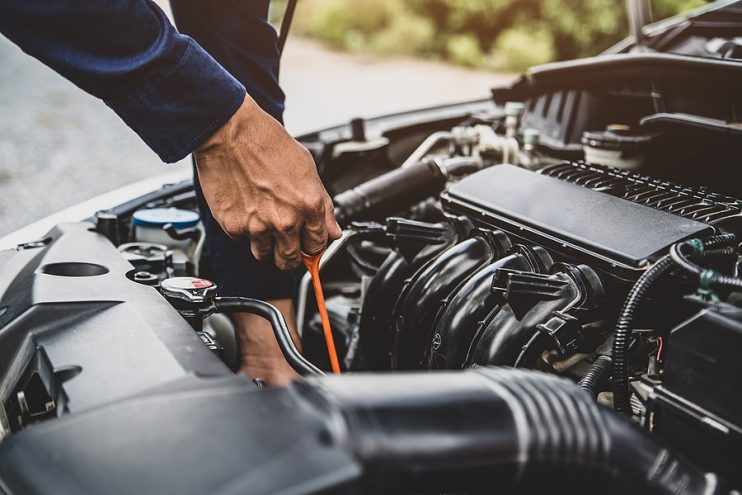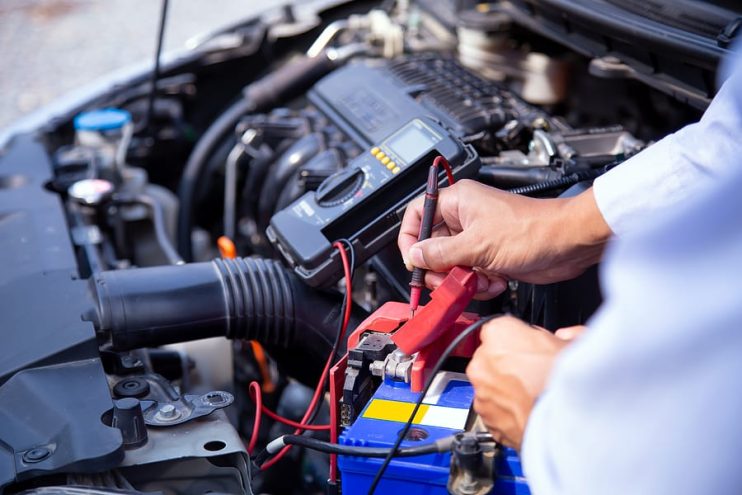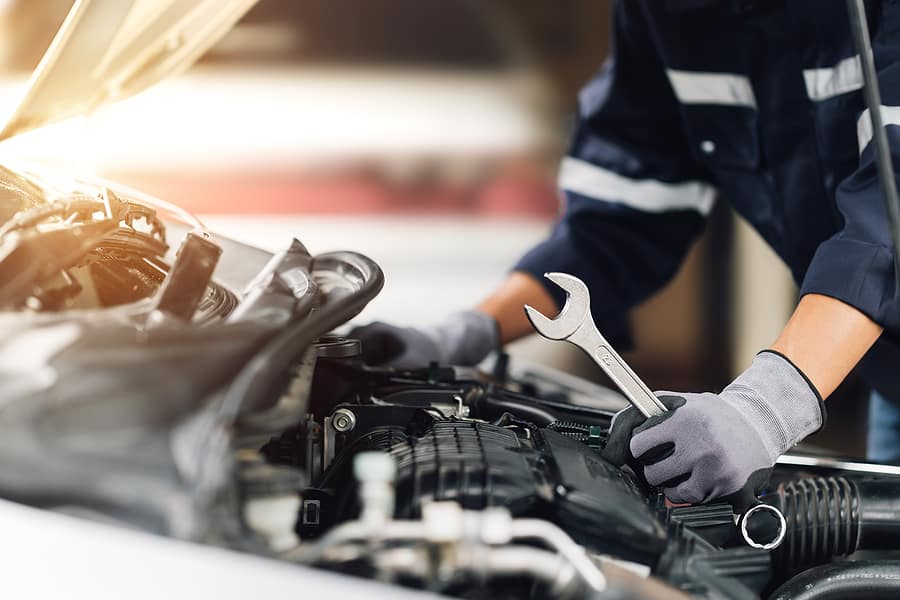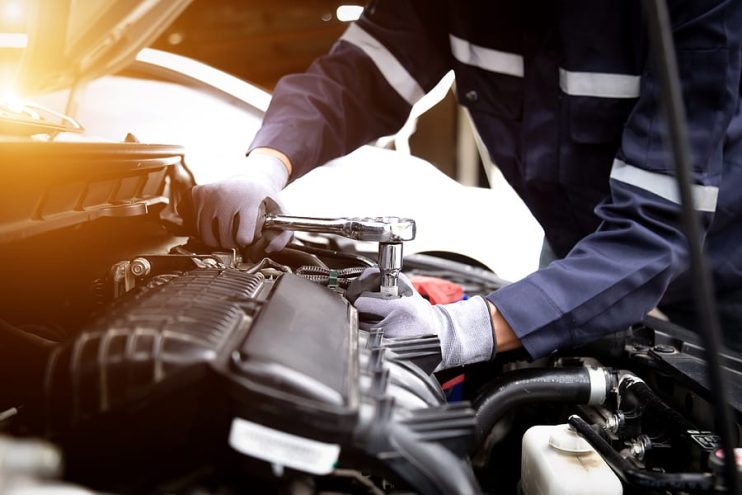
There are many potential causes of a misfiring engine. Some of the most well-known include issues with worn out spark plugs, a weak pressure through the fuel injectors, a vacuum leak, fatigued valve seals, or even issues with the power going to the engine coil. Whatever the reason behind a misfiring engine, you’ll want to get eyes on the problem as soon as possible, as it can rapidly get worse, causing associated systems and parts within your engine to suffer damage. What are some of the most common causes and symptoms of a misfiring engine?
Continue reading
